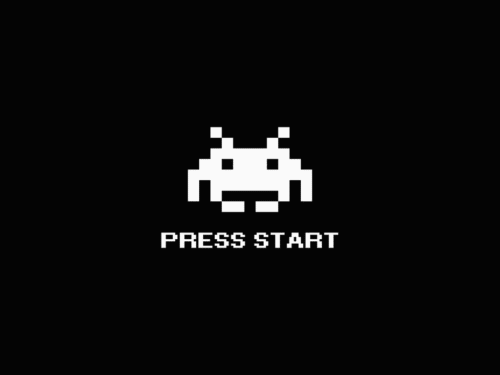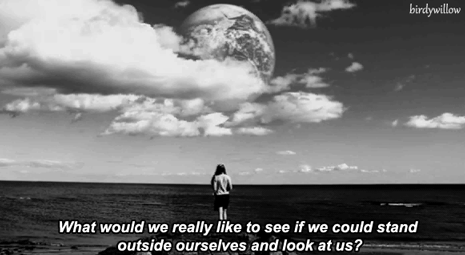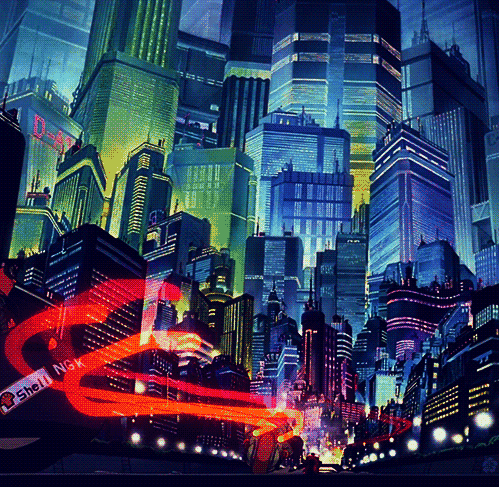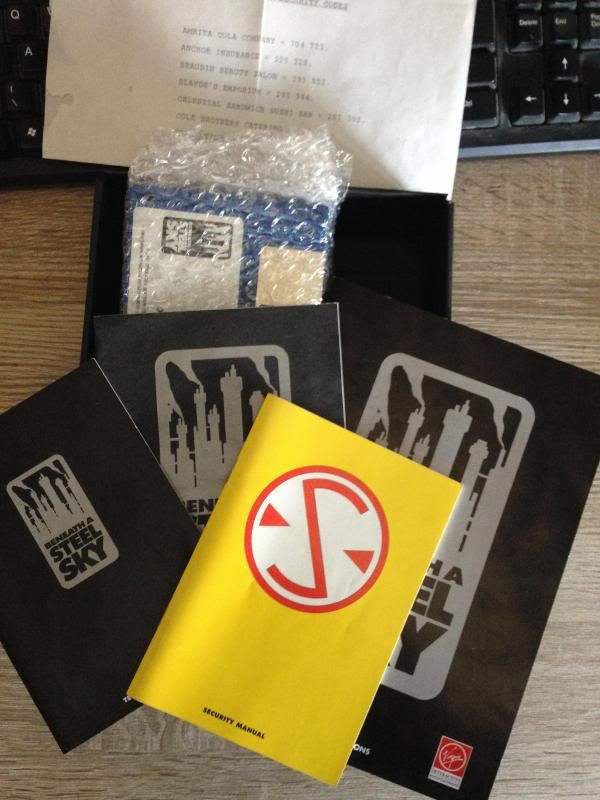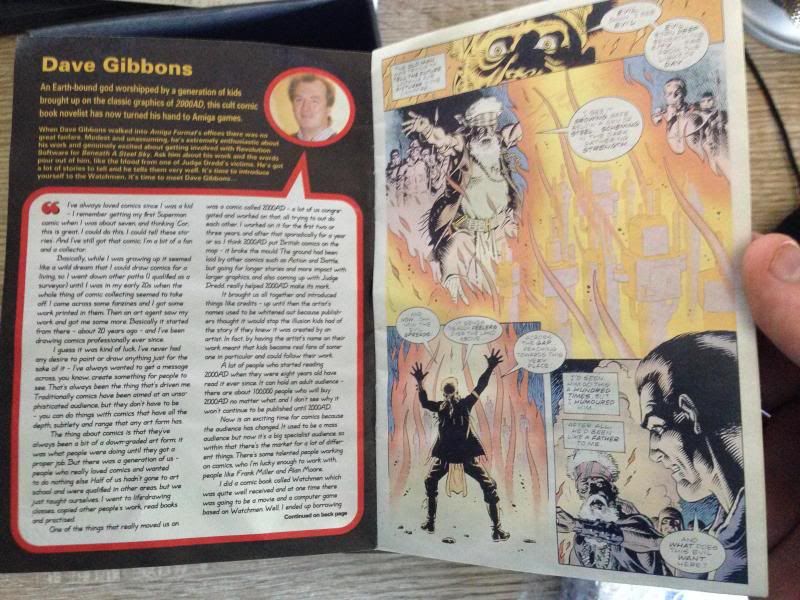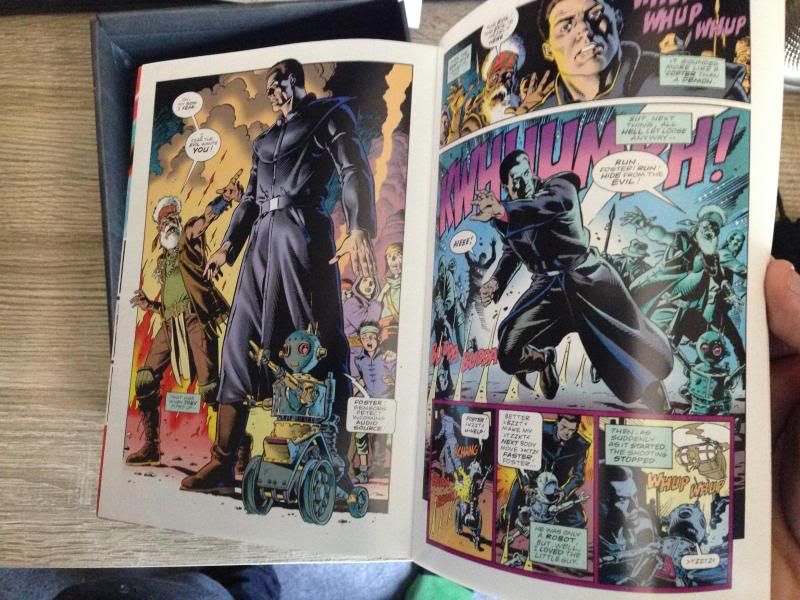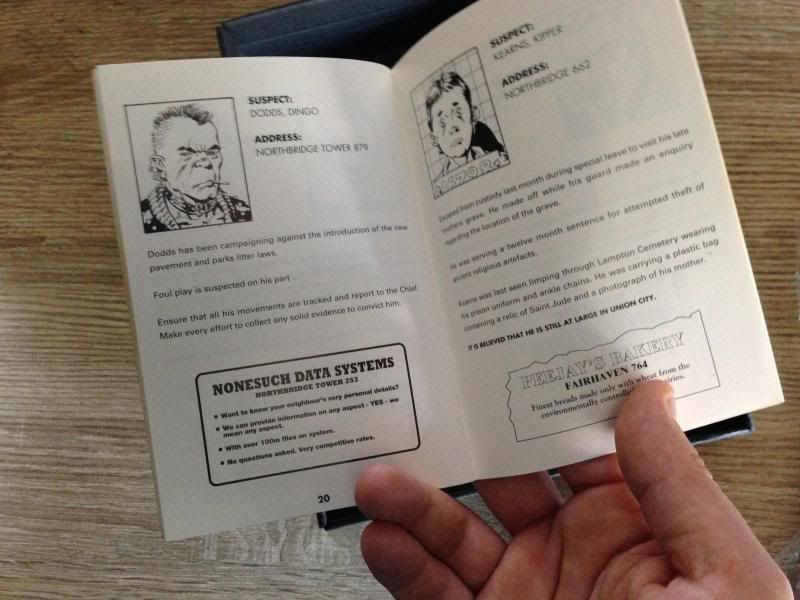A certain revival of old adventure game classics has begun. With the announcements of Day of The Tentacle, all that remains is Full Throttle.
Well, normally this would have been another philoshopical rambling about some topic. But today, I felt the need to bother with the much recent and wonderfully succesful Point and Click Jam. Of all the jams I watched closely or partecipated to this year, this one seemed to outpolish all of them. There were absolutely no amateur entries here. It felt like a bunch of veterans were against each other, fighting for the first spot. This may be a correct first impression, however upon closer inspection that is not exactly the case. The majority of the contestants, haven't even made an adventure game before (some I believe haven't even made a game!), so why does this not feel as amateur hour (pointing at the Pewdiepie VS Indie Jam)?
Because, there's no way to pull off certain genres with half-assed efforts. Which explains the duration of this game-making competition and any other adventure game competition. Think about it! Even OROW (abbreviation stands for One Room One Week), that is about making an adventure game in one room/screen, lasts a week. For it is quite known and obvious to all developers, that you could make a platform game in a matter of hours, but as a genre, adventure games are focused on the story and atmosphere, and it's rather hard to set up pacing, flow, story arc, character design, interface, puzzles within the span of a day, let alone in a lesser time.
It's a genre that begs for lots of hours of work, but also for quality in their ranks. Arguably regardless of the design of your game, polishing it, is a vital element. For adventure games in particular, it works on every little part that they consist of, making it impervious and necessary to bother with. And here I am two paragraphs in, and I'm already transforming back to Plato.
Anyhow - about the Point And Click Jam.
It was organized by the good people down at GameJolt, and the rules were quite simple (and a bit on the annoying side too!). In 15 days you had to make an adventure game of the point and click kind, whereas the interface was left open for developers to either make ones that have already been famous from games of the era, or construct a new one. The resolution was forced to 320x200 so that you could get that "1991 feel" and you could work on your story before the jam begun (but just the story!). The ultra annoying bit for me, was the palette restriction. To make things more challenging and closer to the Lucas Arts / Sierra Era we all loved when we were growing up, the rules stated that you had to use a certain palette (a number of colors) to make your entry.
That was of course set to maintain a retro feel, along with the rule that also made clear that you're not allowed to make use of a technology further developed after 1992 or so (contemporary technologies in making the assets of your game had to be used). While, this helped created quality entries in a weird masochistic way, I found it rather unappealing. It should have at least broadened the restrictions by allowing the use of transparency, if not alpha channels on sprites.
Regardless I consider the jam to be highly succesful, as through it wonderful games such as "A Fragment of Her", "Max Greene", "The Exciting Space Adventures of Greg And Linda", "Void And Meddler", "There Ain't No Sunshine", "A Cosmic Song" and others, spawned. I highly suggest checking all the entries, but these especially are worth it a tiny bit more. Wait, aren't adventure games dead? :P
Posted @Gnome's Lair

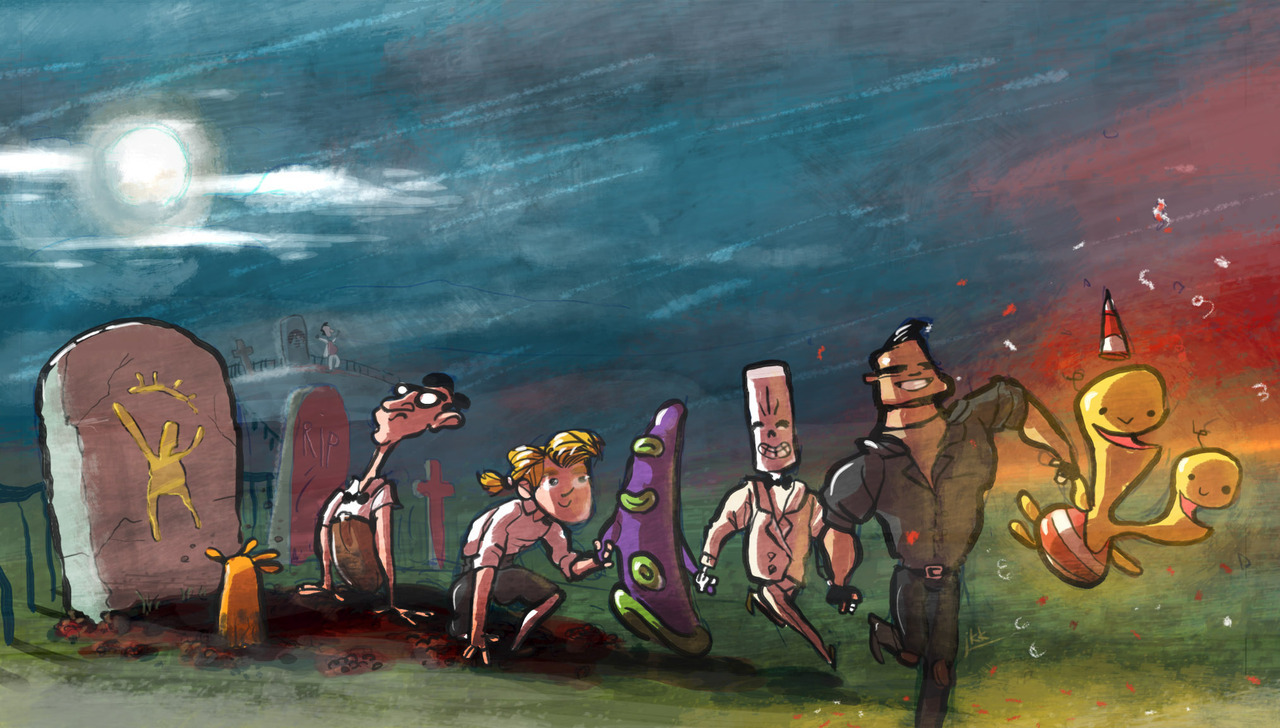




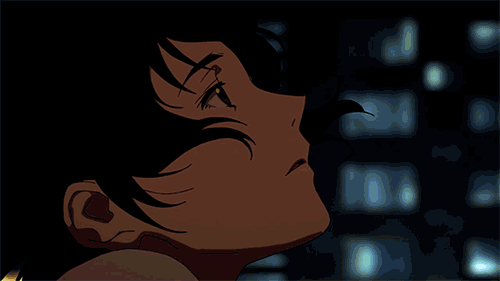




/Update%2001/8-05062011_214210.png)








